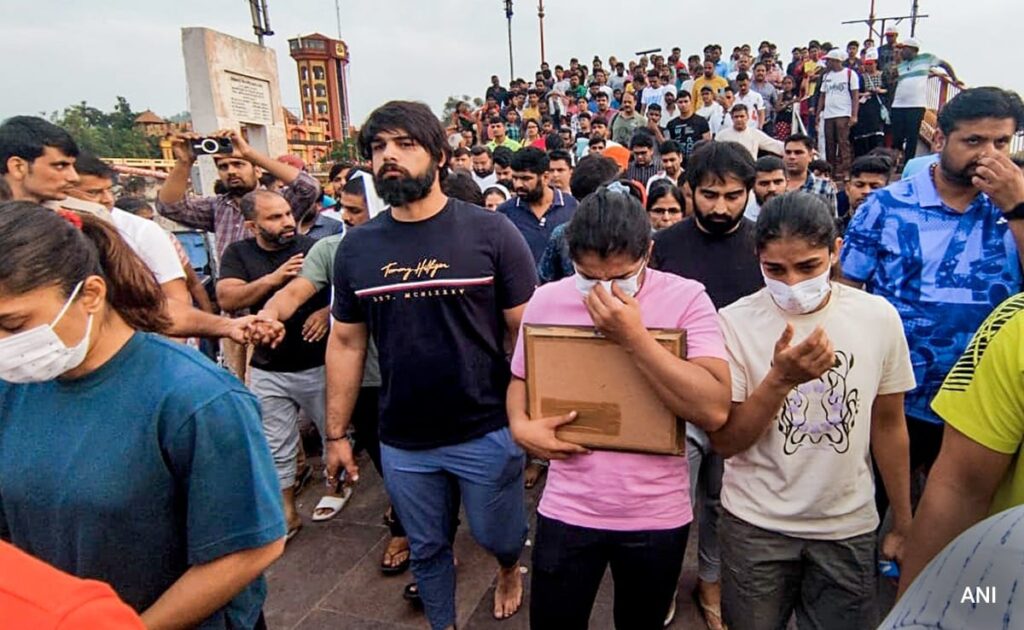
Ever since the grapplers at the centre of the stand-off with the Wrestling Federation of India (WFI) threatened to immerse their medals in the Ganga in protest at what they perceive as the lack of action against Brij Bhushan Singh Sharan, the federation president, debate has raged within the country who the medals actually belong to.
Do they belong to the athletes who won them, or to the country that sent them to participate at the Olympic Games. RevSportz contacted the International Olympic Committee (IOC) regarding the matter, and the response was emphatic.
“The Olympic Charter is clear,” said the IOC’s Media Relations team. “The Olympic Games are competitions between athletes in individual or team events, and not between countries […]” This is clearly laid out in Rule 6 of the Olympic Charter.
Should the Sports Authority of India (SAI) or any other organisation governing sports in the country attempt to take the medals away from the athletes, on whatever pretext, the IOC has the right to ask for it to be returned to them. Such a step will be seen as a clear violation of the Olympic Charter.
In general, medals are returned only when athletes fail a drugs test or are disqualified retrospectively for some other reason – “at the discretion of the IOC Executive Board, a competitor or a team may lose the benefit of any ranking obtained in relation to other events at the Olympic Games at which he or it was disqualified or excluded; in such case the medals and diplomas won by him or it shall be returned to the IOC (Executive Board);” (Rule 59, bye-Law 2.1).
In the present situation, none of the wrestlers has been disqualified or banned for any misdemeanour. But any attempt to claim their medals as national property is likely to be fiercely resisted by the IOC, which will also view such a step as a direct violation of its charter.



